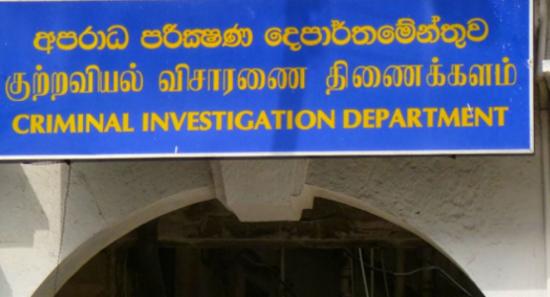.webp)

IMF review of Sri Lanka directly linked to fuel price formula
COLOMBO (News 1st) - The IMF Board is expected to consider Sri Lanka’s request for completion of the fourth review in June 2018, based on the cabinet's approval of an automatic fuel pricing mechanism - consistent with the Extended Fund Facility (EFF) supported program. The measure would represent a major step towards completing energy pricing reforms in 2018.
The International Monetary Fund has reached a staff-level agreement with Sri Lankan on the fourth review under an economic reform program supported by a three-year Extended Fund Facility arrangement. In a statement, Manuela Goretti, the IMF mission chief for Sri Lanka said following subdued growth in 2017 due to the lingering effects of weather-related shocks, a recovery is underway as agriculture has started to rebound and food prices decelerated.
Real GDP growth is expected to reach 4% and inflation to remain below 5% in 2018. The IMF notes that exports are also recovering and the recent sovereign bond issuance was successfully oversubscribed. It however adds that the economy remains vulnerable to adverse shocks given the still sizable public debt, large refinancing needs, and low external buffers.
State Minister of Finance Eran Wickramaratne recently announced this matter would be further discussed with the IMF. Eran Wickramaratne, State Minister of Finance and Mass Media represented Sri Lanka as the Chair of the Ministers of the Intergovernmental Group of Twenty-Four, on International Monetary Affairs and Development.The meeting was graced by Christine Lagarde, Managing Director, International Monetary Fund and Kristalina Georgieva, Chief Executive Officer, World Bank.
The IMF also notes that progress in implementing the Inland Revenue Act (IRA) and other revenue measures in the 2018 budget remains essential for meeting social goals and improving debt dynamics. It adds that the central bank should continue to remain vigilant in guarding against inflationary pressures while continuing to build reserves and supporting greater exchange rate flexibility.
Other Articles
Featured News





.png )








-785316_550x300.jpg)



















.gif)